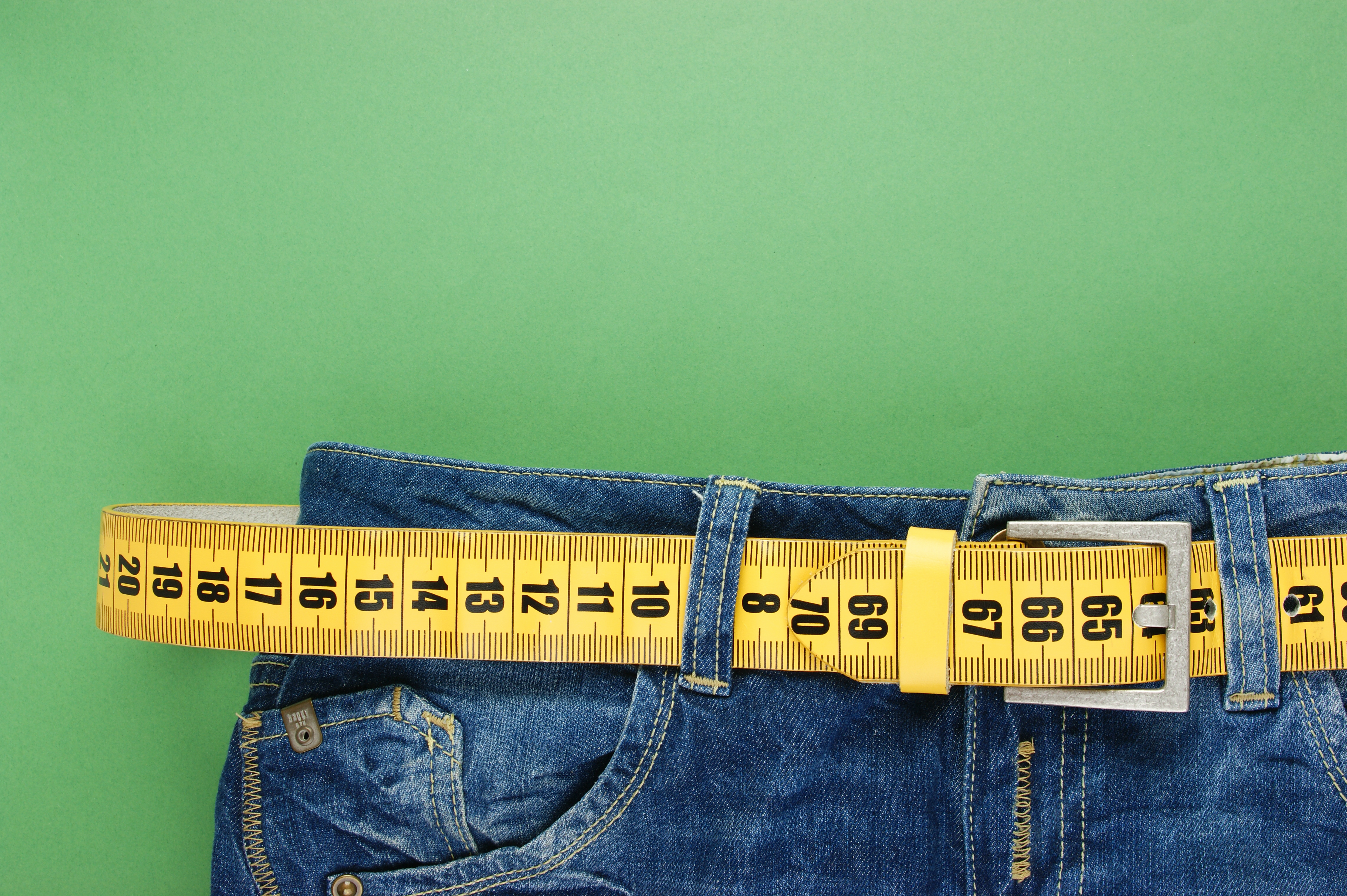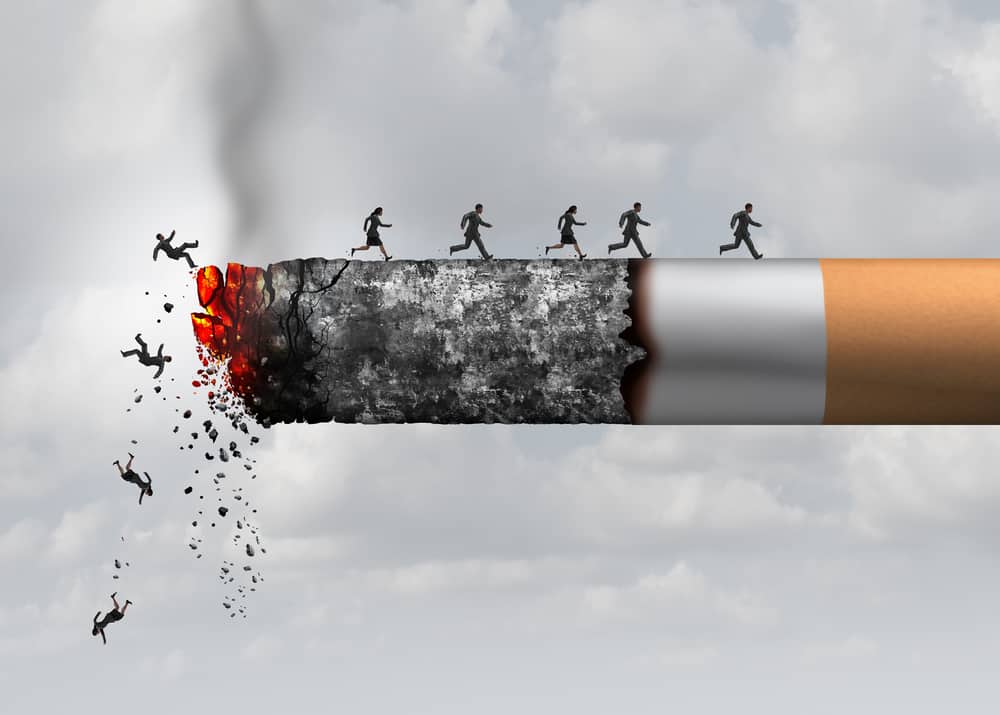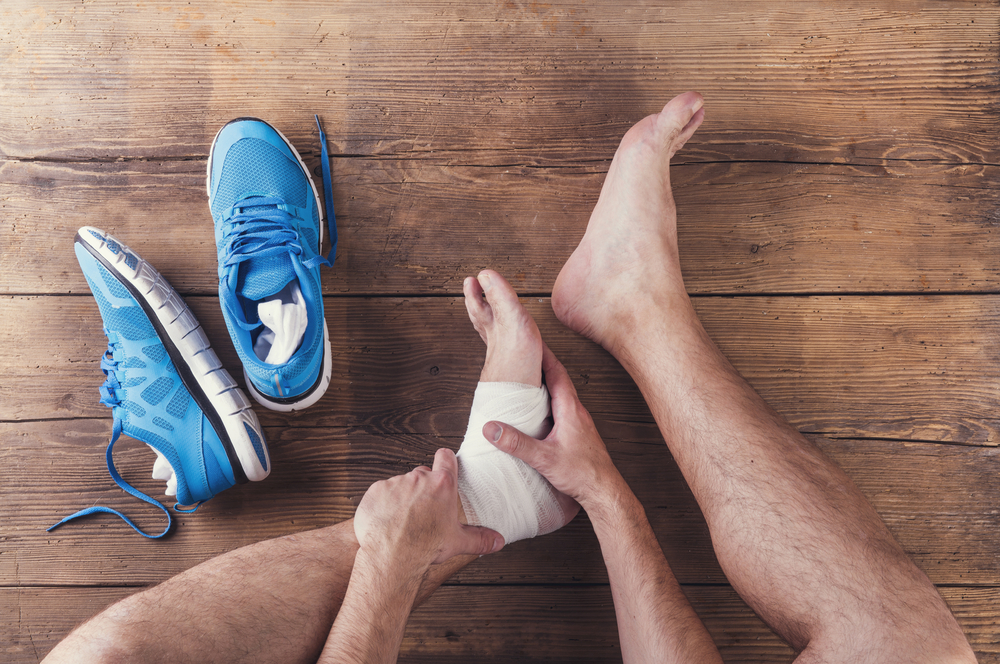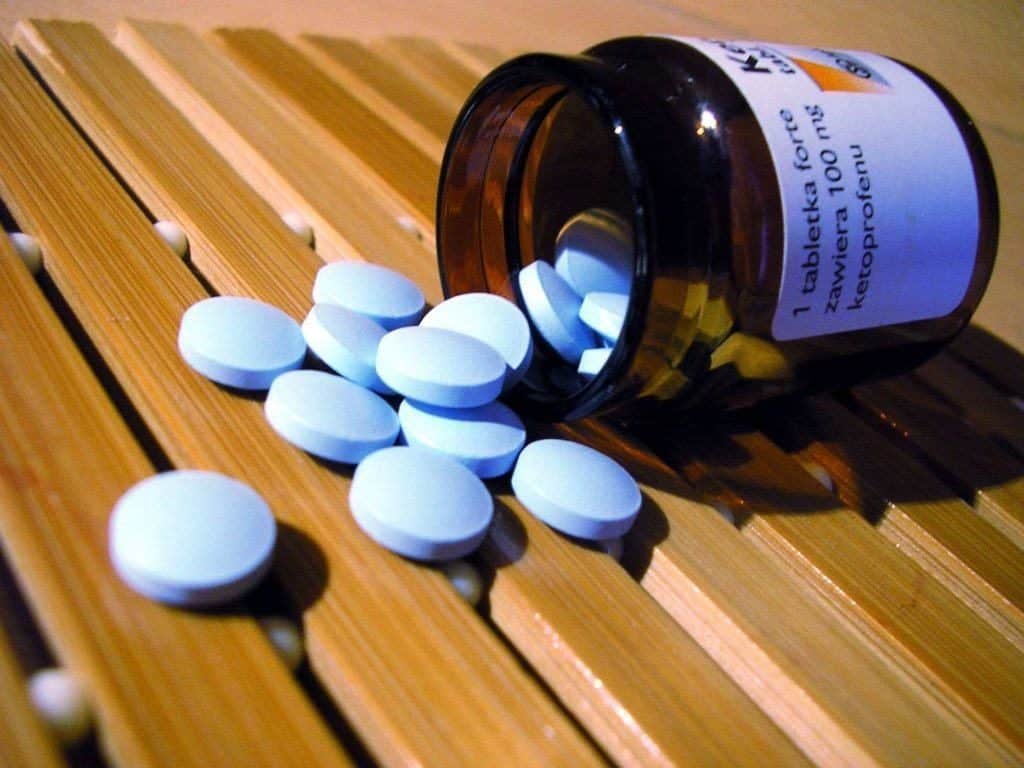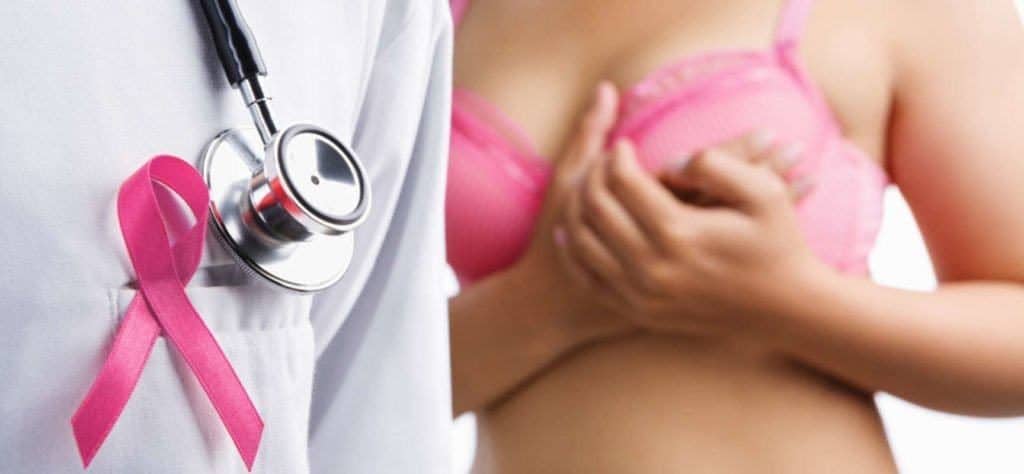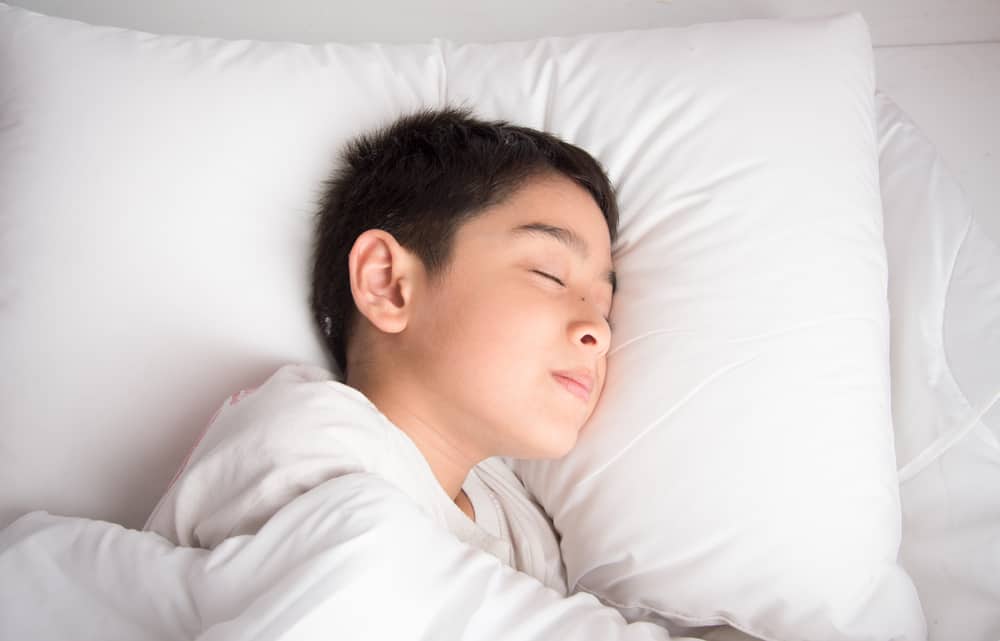Contents:
- Medical Video: Electrolytes - What Are Electrolytes - Functions Of Electrolytes
- So what is electrolyte?
- Sodium (Na+)
- Chloride (Cl–)
- Potassium (K+)
- Magnesium (Mg+)
- Calcium (Ca+)
- Hydrogen Phosphate (HPO42-)
- Bicarbonate (HCO3–)
- What if someone has an electrolyte that is not balanced?
- Signs if you have unbalanced electrolytes in the body
- When to see a doctor immediately?
- How to keep the electrolytes in the body balanced
Medical Video: Electrolytes - What Are Electrolytes - Functions Of Electrolytes
Water and electrolytes are components that are very important for your body. When you are new, 75% -80% of your body consists of water. Over time, as adults the amount of water in your body decreases to 60% for men and 55% for women. The amount of water in your body will continue to decrease as you get older.
Fluids in your body contain components such as cells, protein, sugar, and electrolytes. Well, this electrolyte comes from the food and drinks you consume.
So what is electrolyte?
Electrolytes are components that have positive and negative charges when they dissolve with fluids in your body. This makes the component have electricity and move according to the charge and signal in your body. These contents are very important for various things that keep you alive, for example your brain activity, nerves, muscles, and making new tissues in your body. Each electrolyte has its own function in your body. Here are examples of important electrolytes in your body and their functions:
Sodium (Na+)
- Helps control the fluids in your body that affect blood pressure
- Helps muscle and nerve function
- Helps balance electrolytes in your body
Chloride (Cl–)
- Acting is important for digestion
- Helps balance the acidity and basicity of your body, or in other words ensure your body's pH remains healthy
- Helps balance electrolytes in your body
Potassium (K+)
- Helps regulate heart function and blood pressure
- Helps balance electrolytes in your body
- Serves to send nerve impulses
- Helps with bone health
- Important for muscle contraction
Magnesium (Mg+)
- Play an important role in the production of DNA and RNA
- Helps nerve and muscle function
- Helps regulate heart rate
- Helps regulate blood sugar levels
- Improve the immune system
Calcium (Ca+)
- Keys to healthy bones and teeth
- Important for nerve impulse movement and muscle movement
- Causes blood clots
Hydrogen Phosphate (HPO42-)
- Strengthens bones and teeth
- Helps cells produce the energy needed for tissue development and repair
Bicarbonate (HCO3–)
- Helps your body maintain a healthy pH
- Helps heart function
What if someone has an electrolyte that is not balanced?
There is liquid in your body inside the cell, but some are outside the cell. The level of fluid in both places must be consistent. On average, from a total of about 60% of the fluid in your body, 40% of it is in the cell, and the other 20% is outside the cell. Now, this electrolyte helps your body maintain the amount of fluid, to control the balance of the amount of fluid both outside and inside the cell in your body.
Actually, changing electrolyte levels are a natural thing to happen. However, sometimes this causes the electrolyte in your body to be out of balance. This is the problem. Unbalanced electrolytes can occur because your body contains too much electrolyte or even lacks the electrolytes needed.
The causes of unbalanced electrolytes in your body include:
- Kidney illness
- Throws up in a long time
- Dehydration
- Overheating
- Heart failure
- Cancer treatment
- Bulimia
- Diarrhea
- Medicines taken, such as diuretics and antibiotics
- Liver cirrhosis
- Diabetes
- Some types of cancer
Signs if you have unbalanced electrolytes in the body
Signs if your electrolyte is out of balance depending on which electrolyte is the least balanced. If your magnesium, sodium, potassium, or calcium are out of balance, here are the signs:
- Unstable heartbeat
- Weak
- Bone abnormalities
- Blood pressure changes
- Confused
- Nervous system abnormalities
- Fatigue
- Like numbness
- Muscle cramps
If you experience excess calcium aka hypercalcemia (which often occurs in patients with breast cancer, lung cancer, and myeloma), you will experience the following signs:
- Frequent urination
- Unstable heartbeat
- Sluggish
- Fatigue
- Moody
- Limp
- Stomach ache
- Throws up
- Very weak muscles
- Feel very thirsty
- Dry mouth and throat
- Loss of appetite
- Confused
When to see a doctor immediately?
Quickly contact your doctor if the electrolyte imbalance gets worse. Keep in mind that unbalanced electrolytes can be life threatening. Therefore, contact your doctor quickly if you experience the following signs:
- Feel confused or have a sudden change in behavior
- Muscles feel very weak
- Continuous unstable heartbeat
- Pain in the chest
How to keep the electrolytes in the body balanced
- If the color of your urine is thick, then you need to drink more water.
- When you exercise for more than 30 minutes, you should drink drinks that contain electrolytes and carbohydrates.
- Drink enough water every day. It is recommended, someone drinks 8 glasses of water per day.
- Quickly go to the doctor if you lose or even get 2% of your body weight after running.
- Eat fresh fruit and vegetables, because both of these foods are the best source to replace sodium and potassium in your body.
READ ALSO:
- Dangers of Refilling Used Plastic Bottles for Beverages
- Is Isotonic Drinks Drinkable Every Day?
- Drinks Besides White Water are Good to Take After Exercising


